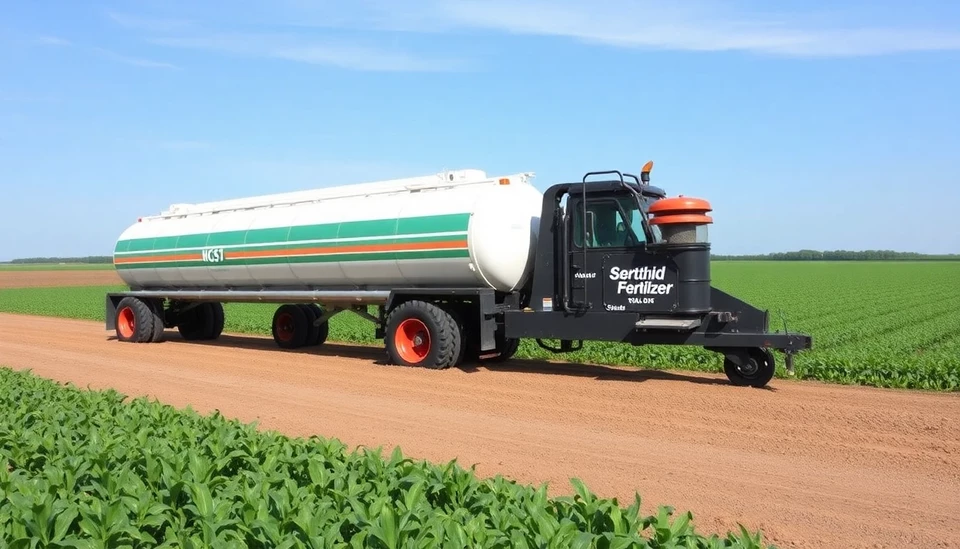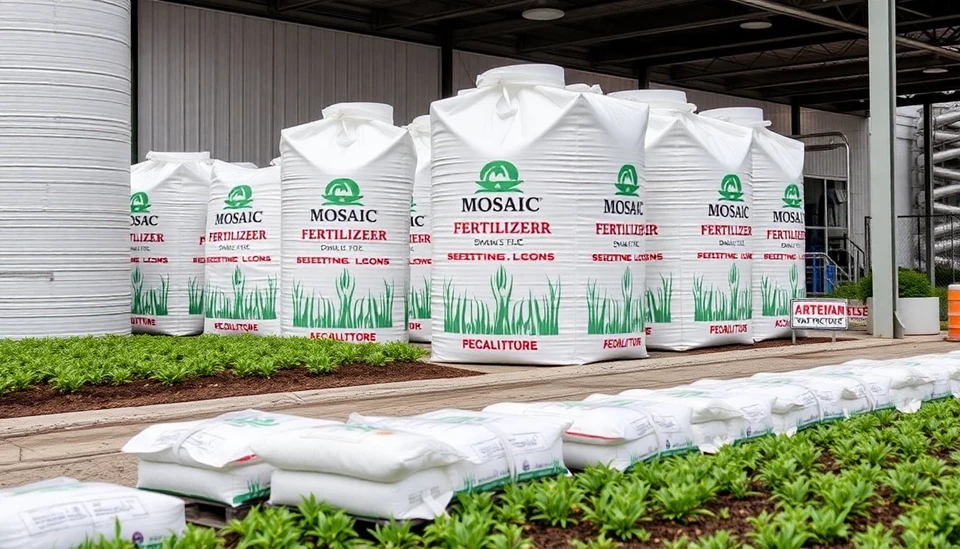
In a striking announcement, a leading fertilizer manufacturer has reported projections indicating record-breaking sales volumes for the upcoming year, attributing this surge primarily to the growing demand for corn. This bullish forecast has sparked conversations and speculation within the agricultural and investment sectors, shedding light on the dynamic interplay between crop needs and fertilizer supply.
The booming demand for corn is largely a reflection of several factors, including rising global population and increasing food requirements as well as the surge in biofuel production. As governments across various countries push for greener energy alternatives, corn, widely used for ethanol production, is experiencing an upward trajectory in demand. This situation is further compounded by adverse climate events that have disrupted supply chains, solidifying corn's role as a staple crop in agricultural production.
The fertilizer maker, whose identity remains undisclosed, disclosed that they anticipate not only a rise in sales volume but also an improvement in profit margins thanks to the ongoing agricultural changes and enhanced pricing strategies. The company's management expressed optimism regarding the macroeconomic conditions surrounding crop yields, stating that this could push the sales figures into uncharted territory.
Industry analysts predict that the anticipated boom in corn will have a cascading effect on fertilizer sales, especially as farmers look to maximize their output to capture the elevated market prices for corn. This trend is expected to draw significant investments in agricultural inputs, an area where the fertilizer sector stands to benefit distinctly. Notably, farmers' decisions regarding fertilizer application rates will likely be influenced by this broader market enthusiasm.
Furthermore, the company has outlined its strategic plans to ramp up production capabilities in response to these projections. By investing in new technologies and enhancing existing facilities, they aim to meet the increasing demand and ensure a steady supply of essential nutrients for crops. This proactive approach not only positions them to take full advantage of the anticipated boom but also fosters resilience in their supply chain, accommodating any unforeseen disruptions.
The escalation in fertilizer sales is expected to contribute positively to the agricultural sector's recovery post-pandemic, providing essential support to farmers aiming to navigate the fluctuating commodity prices effectively. Stakeholders are encouraged to watch for trends in agricultural practices that may evolve as a result, including shifts towards more sustainable and efficient farming methods spurred by economic necessity.
As this narrative unfolds, many industry insiders believe that the relationship between agricultural output and fertilizer production will continue to be a focal point for discussions surrounding food security and sustainability in the coming years. With the maturation of biofuel markets and steady demand for corn, this anticipated growth in fertilizer sales might well signify a transformative period for the agriculture and food production sectors.
In summary, the fertilizer manufacturer's projections embody a pivotal moment within the agricultural landscape, reflecting broader trends and a burgeoning relationship between crop demand and resource allocation. Stakeholders will be keenly observing how these developments will shape the future of food production and agricultural sustainability.
#Fertilizer #CornDemand #Agriculture #FoodSecurity #Biofuel #Sustainability #Investment #CropProduction #MarketTrends
Author: Daniel Foster



